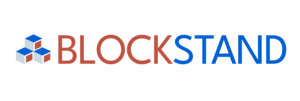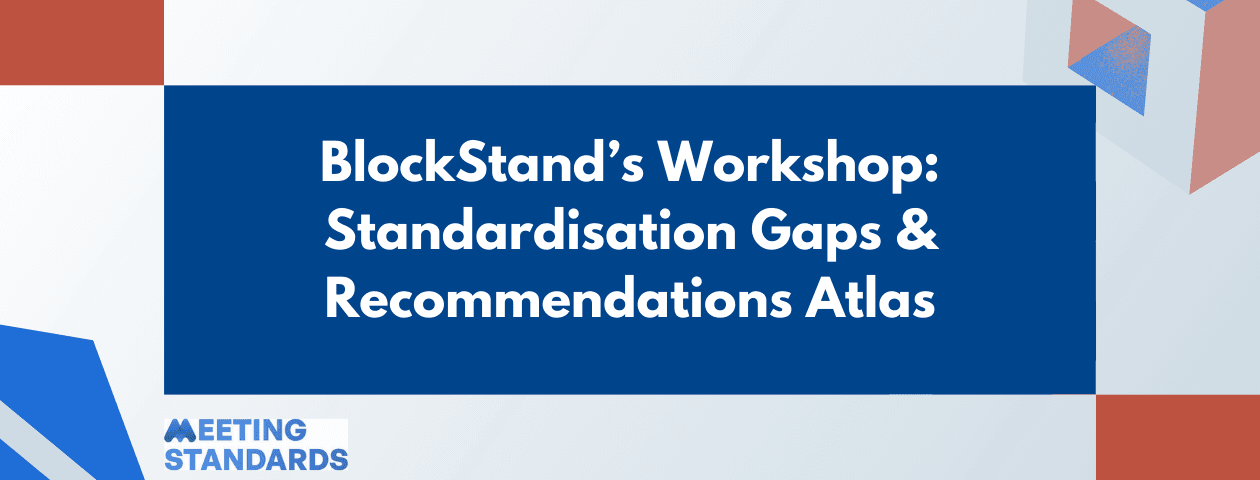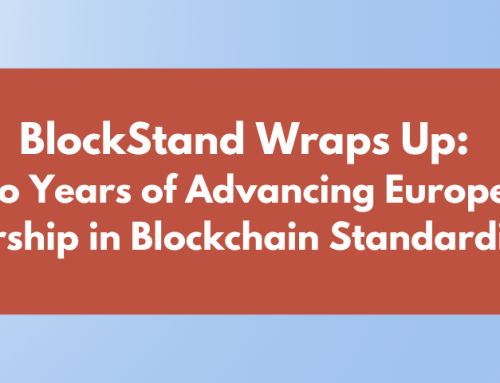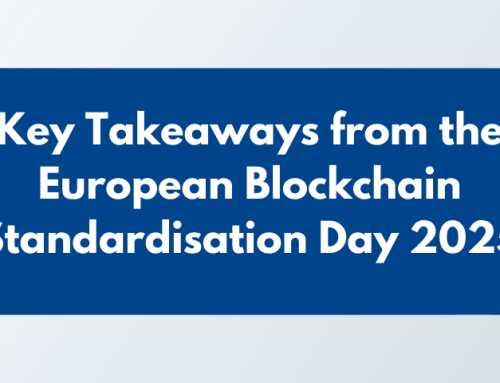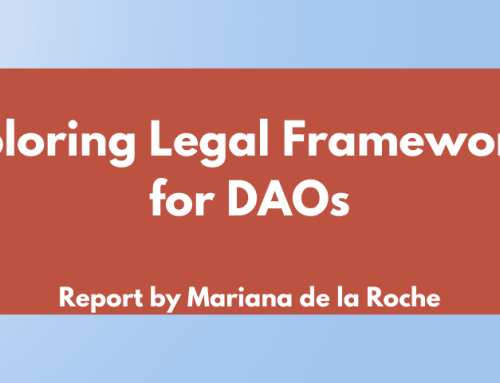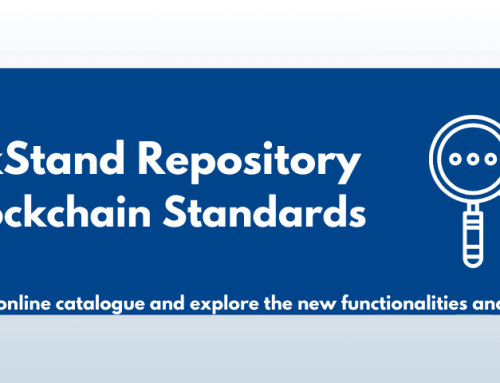On November 25th, the BlockStand Consortium hosted a pivotal workshop focused on the Blockchain Standardisation Gaps & Recommendations Atlas, which was published this summer. This comprehensive resource, developed by BlockStand partners, marks a significant milestone in guiding the evolution of blockchain standards and positioning the technology for broader adoption across Europe.
The workshop brought together a diverse group of thought leaders, European Commission officials, and industry experts, sparking insightful discussions about the future of blockchain and distributed ledger technology (DLT) standards. The afternoon was packed with valuable presentations and engaging exchanges, underscoring the need for collaboration in shaping the next phase of blockchain innovation.
The event began with an introduction to the BlockStand project, showcasing its ongoing initiatives and achievements. Attendees were also informed about an upcoming sustainability strategy, which will shape the project’s future direction. Emphasizing the need for ongoing progress, the consortium reinforced the critical role of blockchain standardization in driving innovation and industry growth.
Key Trends in Blockchain and Tokenization
Joachim Schwerin from the European Commission’s DG GROW set the tone for the discussions by presenting key trends in blockchain and tokenization. He emphasized blockchain’s central role in European policy development but pointed out a gap in awareness among political leaders and the public sector. He also addressed the full applicability of MiCA (Markets in Crypto-Assets) in the finance sector, industry concerns, and the urgent need for practical, real-world solutions.
Expert Perspectives: Innovations and Insights
The workshop featured presentations by two BlockStand experts. Michal Kit introduced an Evaluation System for DLT Selection, offering a detailed, two-stage decision-making process to help companies choose the most suitable DLT solutions. His presentation included a decision tree that helps determine the necessity of DLT, as well as examples of how to evaluate different DLTs using a scoring system and grading criteria.
Mariana de la Roche shared her work on understanding the impact of Decentralized Autonomous Organizations (DAOs) and governance structures within various frameworks. Her talk emphasized the importance of both theoretical analysis and community feedback to create a position paper that aims to harmonize DAO ecosystems across Europe.
Standardisation Gaps & Recommendations Atlas: Key Conclusions
The final portion of the workshop focused on the Standardisation Gaps & Recommendations Atlas. Discussions delved into several critical areas, beginning with the needs of the European Blockchain Services Infrastructure (EBSI), followed by the Research and Innovation (R&I) community and the Small and Medium Enterprises (SMEs) perspective. The workshop’s conclusions identified several key recommendations for advancing blockchain standardization.
As blockchain technology continues to evolve, the recommendations presented in the Blockchain Standardisation Gaps & Recommendations Atlas provide a roadmap for overcoming challenges and ensuring the scalability and sustainability of DLT solutions. If you missed the workshop or would like to explore the recommendations in detail, we encourage you to browse the Atlas for a deeper understanding of these crucial insights.
By addressing these gaps, the European blockchain ecosystem can continue to grow and thrive, with stronger standards, better skills, and increased collaboration across sectors.
To read more about related materials explore the “Resources & Publications” page or visit the “Meet Our Experts” page to read about BlockStand experts and their main areas of work.
